To provide the best experiences, we use technologies like cookies to store and/or access device information. Consenting to these technologies will allow us to process data such as browsing behaviour or unique IDs on this site. Not consenting or withdrawing consent, may adversely affect certain features and functions.
The technical storage or access is strictly necessary for the legitimate purpose of enabling the use of a specific service explicitly requested by the subscriber or user, or for the sole purpose of carrying out the transmission of a communication over an electronic communications network.
The technical storage or access is necessary for the legitimate purpose of storing preferences that are not requested by the subscriber or user.
The technical storage or access that is used exclusively for statistical purposes.
The technical storage or access that is used exclusively for anonymous statistical purposes. Without a subpoena, voluntary compliance on the part of your Internet Service Provider, or additional records from a third party, information stored or retrieved for this purpose alone cannot usually be used to identify you.
The technical storage or access is required to create user profiles to send advertising, or to track the user on a website or across several websites for similar marketing purposes.
Golden Eyes Vampire Crab - Geosesarma Sp. - Decapod Crustacean 1 × £8.71
Purple Vampire Crab - Geosesarma Dennerle - Decapod Crustacean 2 × £7.74

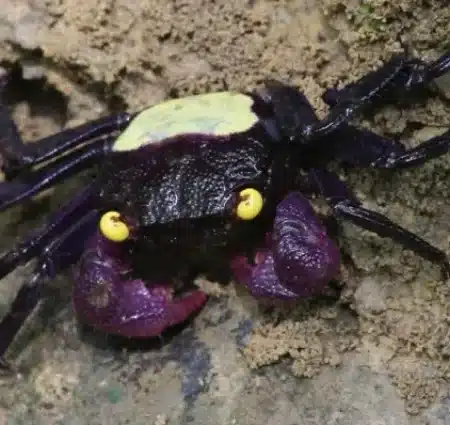 Golden Eyes Vampire Crab - Geosesarma Sp. - Decapod Crustacean
Golden Eyes Vampire Crab - Geosesarma Sp. - Decapod Crustacean 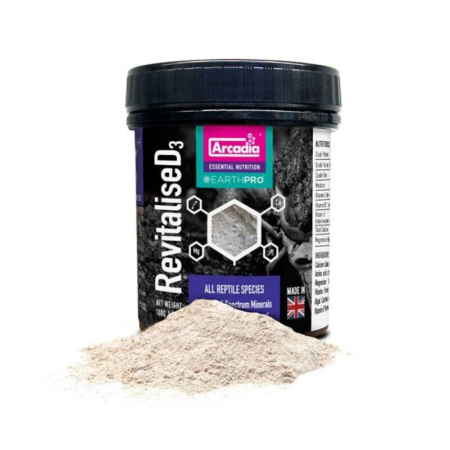
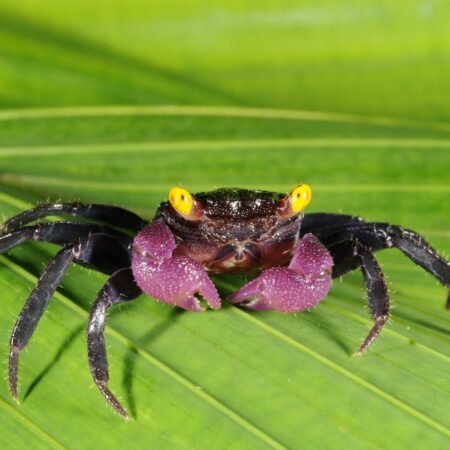 Purple Vampire Crab - Geosesarma Dennerle - Decapod Crustacean
Purple Vampire Crab - Geosesarma Dennerle - Decapod Crustacean 


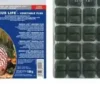
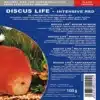

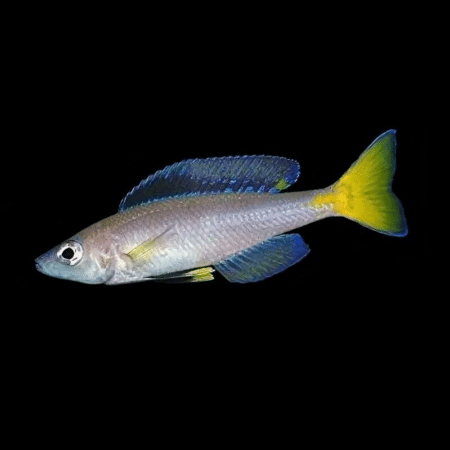



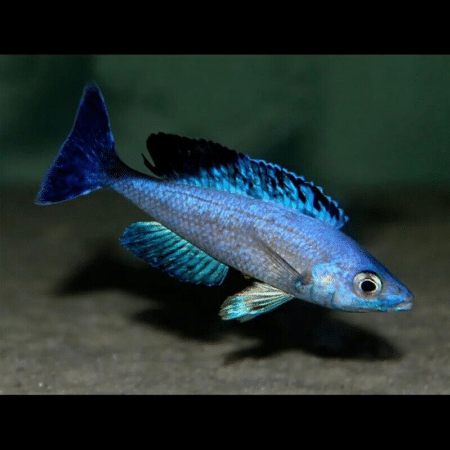

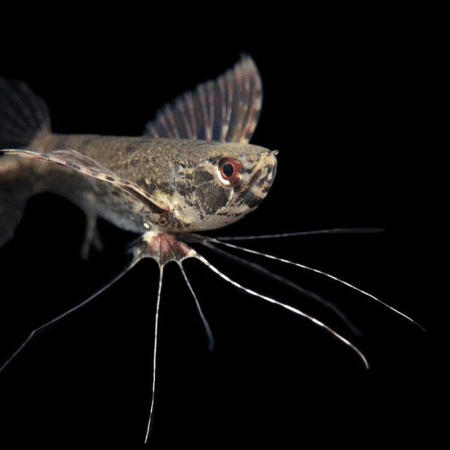


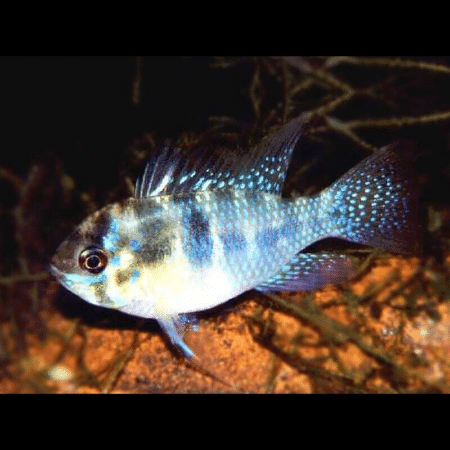
Emily Carter (verified owner) –
As a caring fish parent, I’m always looking for the best nutrition for my beloved discus. I recently purchased the 6X100G Discus Life Junior Blister frozen food, and I can’t express how delighted I am with it! After using it for about two weeks, I’ve noticed a marked improvement in their color and overall vitality. The convenience of the blister packaging makes it easy to portion out, and I love that it’s flash-frozen to retain all those vital nutrients.
I used to feed them a different brand, but I often found it left a residue in the tank, which made water maintenance a hassle. This product, on the other hand, doesn’t create any waste, which is a huge plus! I recommend this feed to anyone with juvenile discus or similar fish species; they seem to thrive on it.
One minor concern is the price point, which is a tad higher than some alternatives, but the quality and visible health improvements of my fish have made it worth every penny. I’ll definitely keep this in my feeding rotation!
Emily Carter (verified owner) –
As a passionate fish parent, I always prioritize the health and happiness of my discus. After using the 6X100G Discus Life Junior Blister for the past month, I can confidently say it’s an excellent choice for anyone with young discus fish. The flash-frozen packaging keeps the food fresh, and my fish absolutely love it! The vibrant colors and energy of my juvenile discus have noticeably improved since I started feeding them this frozen food. They eagerly swim to the surface at feeding time, which is such a joy to see! I’ve tried other frozen food brands, but none compare in terms of quality and nutritional value. It’s great to know I’m providing them with wholesome, high-quality nutrition. Just a heads up, it can be a bit messy to handle when thawing, so I recommend using a net for easier feeding. Overall, I highly recommend this product to fellow aquarists looking to enhance the vitality of their young discus. You’ll see the difference within just a few weeks!
Laura Martinez (verified owner) –
As a passionate aquarium hobbyist, I’ve tried various foods for my young discus, but the 6X100G Discus Life Junior Blister is truly exceptional. After just a week of using this flash-frozen juvenile discus feed, I noticed a remarkable improvement in their health and vibrancy. The color of my fish has bloomed beautifully, and their growth has been impressive, thanks to the high-quality ingredients packed in these blisters.
The convenience of the blister pack is a game-changer; it keeps the food fresh and allows for easy portion control, which is perfect for my feeding routine. I’ve also noticed that my other community fish enjoy nibbling on the leftovers without any issues.
Compared to other brands I’ve used, this one has been a standout in terms of quality and results. My young discus are visibly happier and more active, which is my ultimate goal as a caring fish parent. I highly recommend this product to anyone looking to enhance their discus care. Just ensure you’re prepared to keep them well-fed and enjoy watching them thrive!
One small note—make sure to properly thaw the food before feeding, as it can be a bit icy initially. Overall, I’ll definitely be purchasing this again!